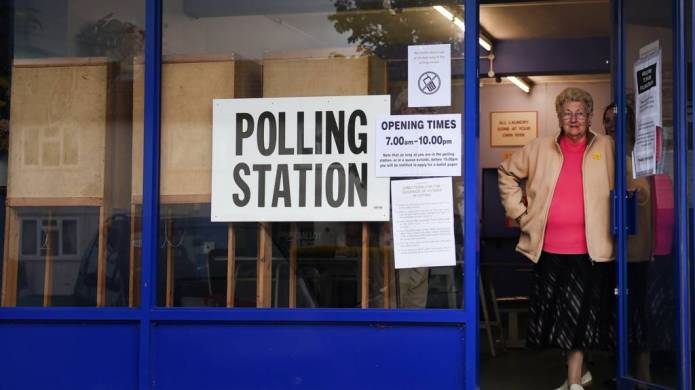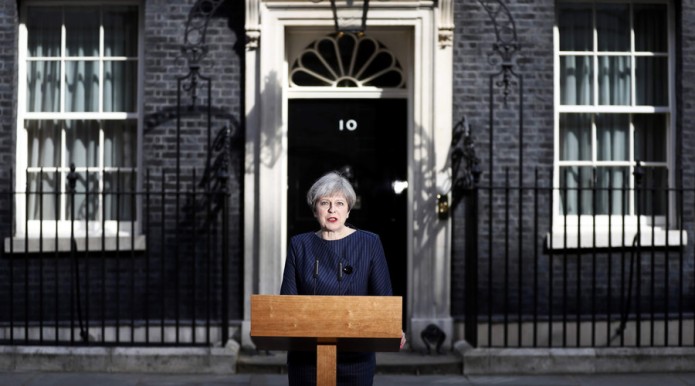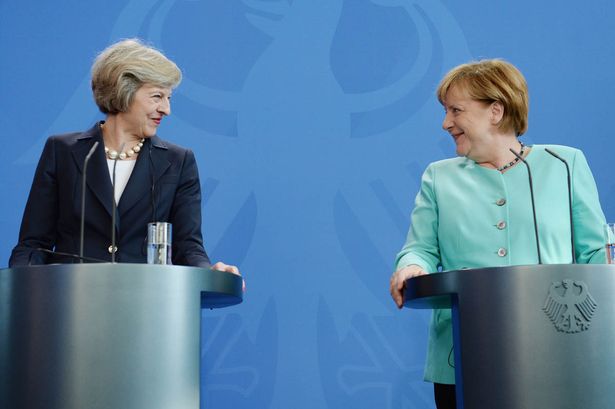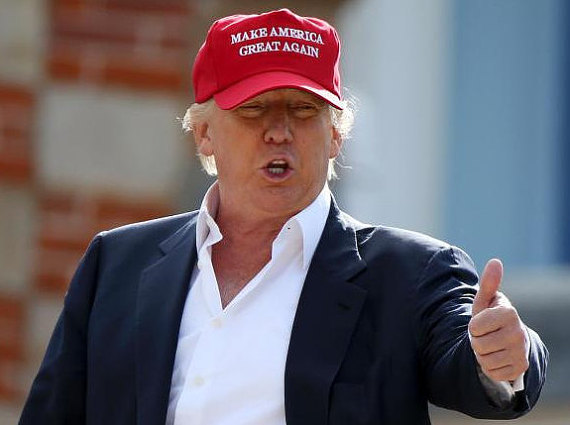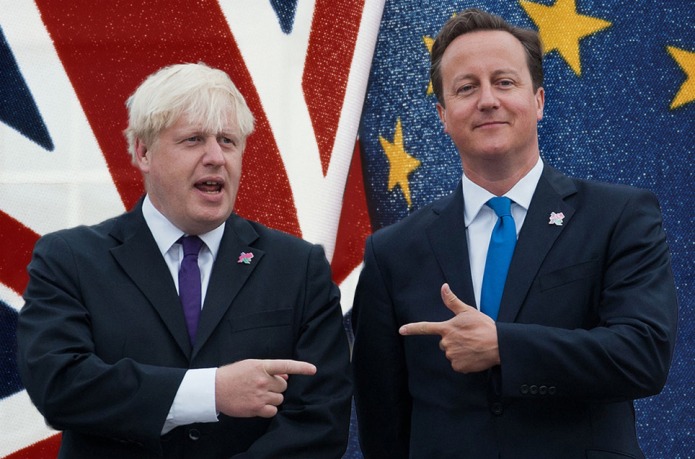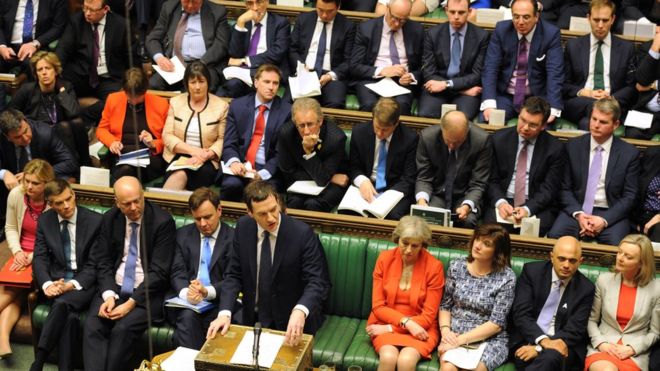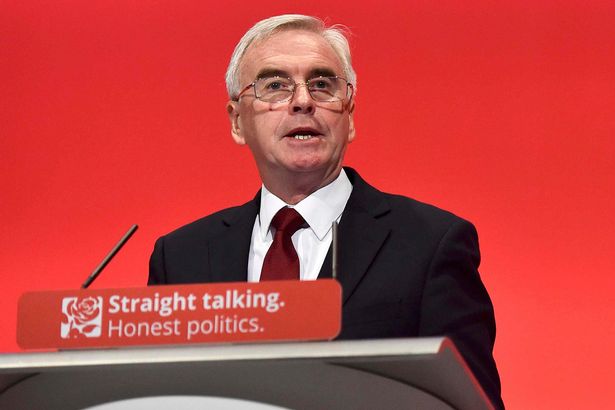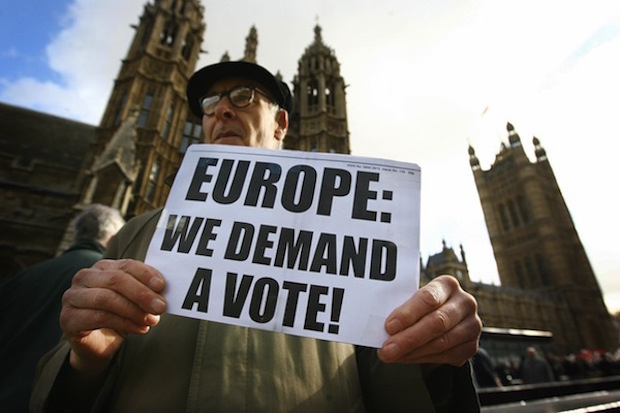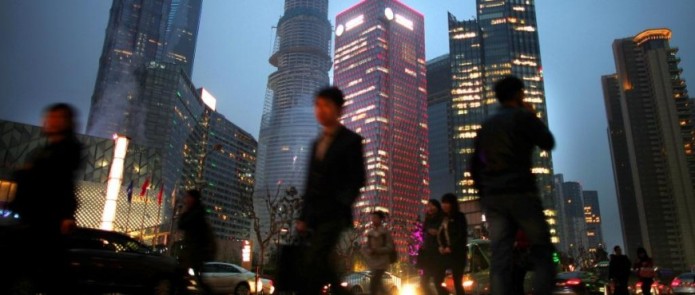Both Labour and the Conservatives find themselves in a similar situation as they did in 2010, with similiar challenges to overcome in order to progress
In the aftermath of another wildly unpredictable – and quite frankly unnecessary – election, two conclusions have been quickly reached. Labour have done very well, the Conservatives’ terribly as their gamble in calling the election back-fired. But its not quite that simple.
Lets start with Labour. First the good news; Labour won 40% of the popular vote and won a total of 261 seats in Parliament. Now the bad news; Labour won 40% of the popular vote and only secured 262 seats. Contrast this with 2010; Gordon Brown’s campaign was derided as a disaster as he secured only 29% of the vote, but still won 258 seats. Miliband secured 30.4% of the vote and got 232 seats.
In short, in terms of seats Labour is back where it was in 2010. This is a huge improvement on the forecast that many – including myself – made ahead of the election that Labour could plunge to a position where it had no realistic chance of government until 2030. But it has done little more than reset the clock back seven years; in fact it could be worse than that.
To form a majority Government Labour needs to win around 65 additional seats and has limited headroom to increase its vote share, having already managed a record increase and a result comparable to Tony Blair’s in 2001 . Analysis indicates that a swing of around 3% could give them a one-seat majority, and less make them the largest party.
Its a significant improvement considering Labour had a successful campaign, the Tories sabotaged their own, the SNP had a poor campaign, and Labour has already cashed in their trump-card of attracting youth voters. The prospect of a Labour-SNP pact worked wonders for the Conservatives in 2015 and they will likely talk it up again in any forthcoming election, as well as offering a less realistic and instead a more populist manifesto.
The Tories are also in a similar predicament; on vote share alone they actually had a tremendously successful night – achieving results comparable to the high point of the Thatcher era – but they ended up with fewer seats. Their vote will also struggle to go much higher and anything more than a very small majority looks difficult to reach. They too have a similar number of seats to 2010, but no obvious coalition partner this time around.
Both parties also essentially face the same problems that they did before the election; Labour still needs to win over Conservative voters if it wants to form a government; the Conservatives need more ‘working class’ support in the North and Midlands to secure a working majority.
To do this they will have to find a way of broadening their appeal; this election has shown is that both parties have won big increases in support that has not translated into seats. British politics seems more polarised than ever, largely due to last year’s Brexit referendum.
Labour gained professional, young, and university-educated voters – such as those in London seats – who supported remain. The Conservatives won some working class voters – such as those in parts of the North and the Midlands – who backed leave.
The key to understanding the result appears to be working class leave-voters who, having abandoned UKIP (who collapsed everywhere), went back to Labour, rather than the Conservatives as many expected. This was partly due to the Dementia Tax and fox hunting re-toxifying the Conservatives.
What is unclear is the extent to which this realignment of English politics along Leave-Remain lines is permanent. In Scotland, the 2015 election was heavily influenced by the independence referendum the year before; pro-union Labour being decimated. Its effects have waned since with the SNP falling back across Scotland. Coming just a year after the Brexit referendum the same may have happened in England, but like most things with politics these days, its hard to say for certain.
